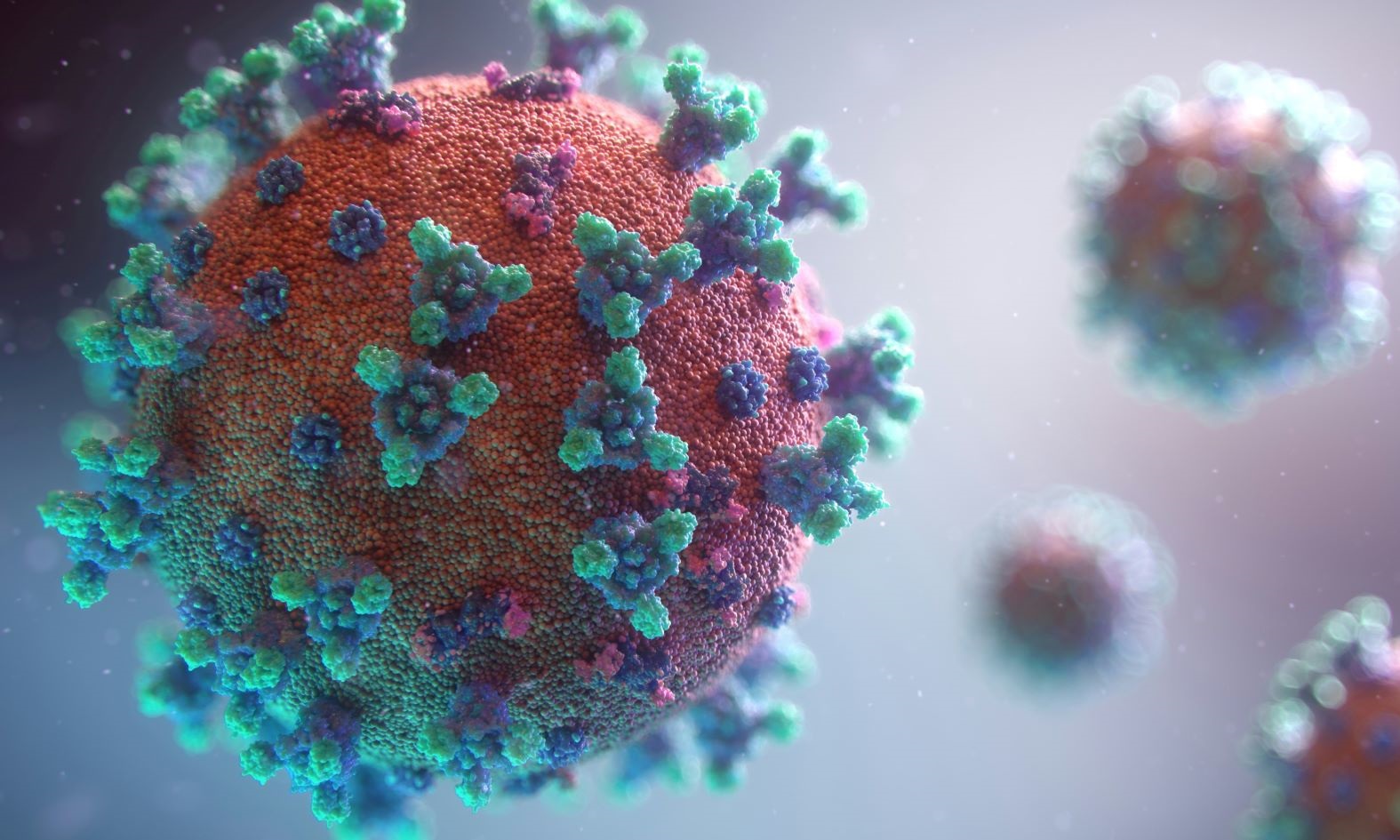The halting, confusing response to COVID-19 in the U.S. resulted from decisions by President Donald Trump and his allies to politicize the pandemic by associating it with his own fate in office, according to a new book by a Cornell author.
In the new book, ,” survey data demonstrates how the Trump administration’s partisan response to COVID-19 led ordinary citizens to prioritize what was good for their “team” rather than what was good for their country.
“The catastrophic death toll of the COVID-19 pandemic in the United States was not inevitable,” wrote Thomas Pepinsky, the Walter F. LaFeber Professor of Government in the College of Arts and Sciences and a member of the faculty in the Cornell Jeb E. Brooks School of Public Policy, and co-authors Shana Kushner Gadarian and Sara Wallace Goodman.
“We as Americans must understand this pandemic so as to reconcile the past and attempt to move forward together. The pandemic was a new kind of civil war, American versus American waged through distrust, enmity and misinformation. And it was a cold war. We didn’t have to brandish firearms. Our weapon was politics, and the battlefield is the air we breathe.”
The authors conducted a novel public opinion survey so that they could track changes in how Americans saw public health measures such as handwashing and social distancing and then the availability of vaccines. They surveyed a statistically representative sample of 3,000 citizens, checking in with them six times during the pandemic. Both the size of the sample and the repeated questioning make the results especially revealing, they said.
The survey was first conducted as COVID-19 erupted in spring 2020. It detected the seeds of the growing divide and demonstrated the challenge confronting public health officials: “Community spread cannot be stopped if four out of 10 Republicans keep meeting with people outside their households. It also would mean that more convincing and pro-health messaging would need to take place in these communities, not less.”
The survey also showed a continuing emotional divide about the severity of the pandemic. Republicans downplayed it and were reluctant to adopt behaviors to limit the spread. Democrats were more worried about getting sick and blamed the Trump administration.
“Americans like to believe that wars, economic crises and other moments of national hardship bring us all together,” Pepinsky and his co-authors wrote. “But the feelings of anger, anxiety and hope prompted by the COVID-19 pandemic divided Americans in partisan terms rather than uniting them.”
To reverse the partisan divide over public health, the authors recommend several changes to public policies and public attitudes:
- A better, more inclusive, and more equitable health care system with reforms to the way that health care is purchased, subsidized and delivered.
- Positive communication campaigns to tout the benefits of public health achievements such as vaccines so that Americans see getting a shot as a civic obligation.
- Inclusion of social scientists on government panels on public health and climate science. When science needs to change minds and get people to act, social scientists can help craft messages that resonate with different groups.
“The pandemic is not yet over, but the lessons that we are still learning from COVID-19 should guide policy makers toward a better response to future crises,” the authors conclude.
Jim Hanchett is assistant dean of communications for the Cornell Jeb E. Brooks School of Public Policy.








